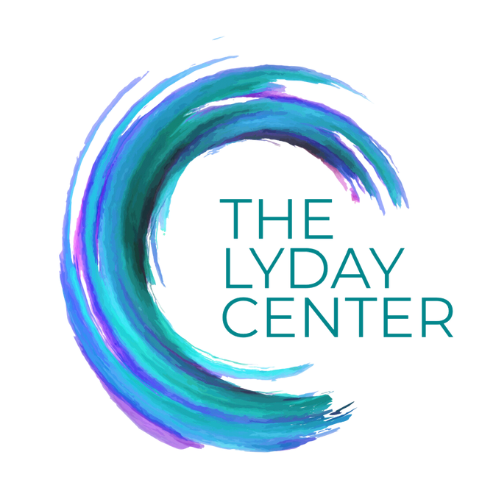Hormonal Imbalances
Hormonal imbalances can affect people of all ages and genders, and can cause a wide range of physical and emotional symptoms.
As functional and integrative health practitioners, we understand the importance of addressing hormonal imbalances to improve overall well-being.
We help our patients navigate the signs and symptoms of hormonal imbalances and can offer specialized, and personalized, care for various types of hormonal imbalances.
Signs and Symptoms of Hormonal Imbalance
-
Changes in Menstrual Cycle
Irregular periods
Heavy or painful menstruation
Absent periods (amenorrhea)
Spotting between periods
-
Weight Fluctuations
Unexplained weight gain or loss
Difficulty losing weight despite efforts
Changes in body composition
-
Skin Issues
Acne that doesn't respond to treatment
Excessive oiliness or dryness
Skin rashes or hives
-
Hair Problems
Hair loss or thinning
Excessive facial or body hair (hirsutism)
Brittle or dry hair
-
Emotional Changes
Mood swings
Anxiety or depression
Irritability and moodiness
Fatigue
-
Sleep Disturbances
Insomnia or difficulty falling asleep
Frequent waking during the night
Night sweats
-
Digestive Issues
Bloating
Constipation or diarrhea
Food cravings
-
Low Libido & Sexual Dysfunction
Decreased sexual desire
Erectile dysfunction (in men)
Painful intercourse
-
Temperature Sensitivity
Intolerance to cold or heat
Excessive sweating
Testing and Treatment for Hormonal Imbalance
Identifying and addressing hormonal imbalances is crucial for achieving optimal health and well-being. If you're experiencing any of the signs and symptoms mentioned above, don't hesitate to contact us for a comprehensive evaluation and personalized treatment plan. We are committed to helping you achieve hormonal balance and improve your overall quality of life.
Book Appointment
When you make your appointment, you'll be asked to complete a health questionnaire and, possibly, additional questionnaires if so indicated by your illness. At your first appointment, plan to spend 90 minutes meeting with Dr. Lyday. She offers both in-person and virtual visits.
Lab Work
Depending on what Dr. Lyday feels is needed, blood will be drawn or a urine test done and lab work will be ordered. You may need to take preliminary medication prior to lab work to help your body release toxins into your samples.
Personalized Treatment Plan
Everyone’s treatment plan is personalized to their healing journey. In general, after the first visit, we will schedule another appointment to review lab work. Then, depending on what we find, we will start you on medication, diet changes and arrange visits every 3 months until all primary concerns are addressed and the patient is well on the path to resolution.
A Note from Dr. Lyday
Our hormones naturally start to decline around age 35 and most people would benefit from a little boost of bioidentical hormones.
We use a variety of different methods to get you back to the hormone levels of youth (or close). Which method we choose depends on a bunch of different factors, including what you are most willing to do on a daily basis.
We’re here to help support your hormones and improve your quality of health. Whether your goal is to rekindle libido, increase stamina, build more muscle, or improve the thickness of hair and nails, we’ve got you covered.
Types of Hormonal Imbalance
Thyroid Imbalance
Hyperthyroidism (overactive thyroid)
Hypothyroidism (underactive thyroid)
Sex Hormone Imbalance
Estrogen dominance
Testosterone imbalance
Parathyroid Hormone Imbalance
Hyperparathyroidism
Hypoparathyroidism
Adrenal Imbalance
Adrenal fatigue
Cushing's syndrome
Addison's disease
Insulin & Blood Sugar Imbalance
Insulin resistance
Diabetes
Pituitary Gland Disorders
Pituitary adenoma
Pituitary insufficiency
Reproductive Imbalance
Polycystic Ovary Syndrome (PCOS)
Endometriosis
Premenstrual Syndrome (PMS)
Growth Hormone Imbalance
Growth hormone deficiency
Acromegaly


